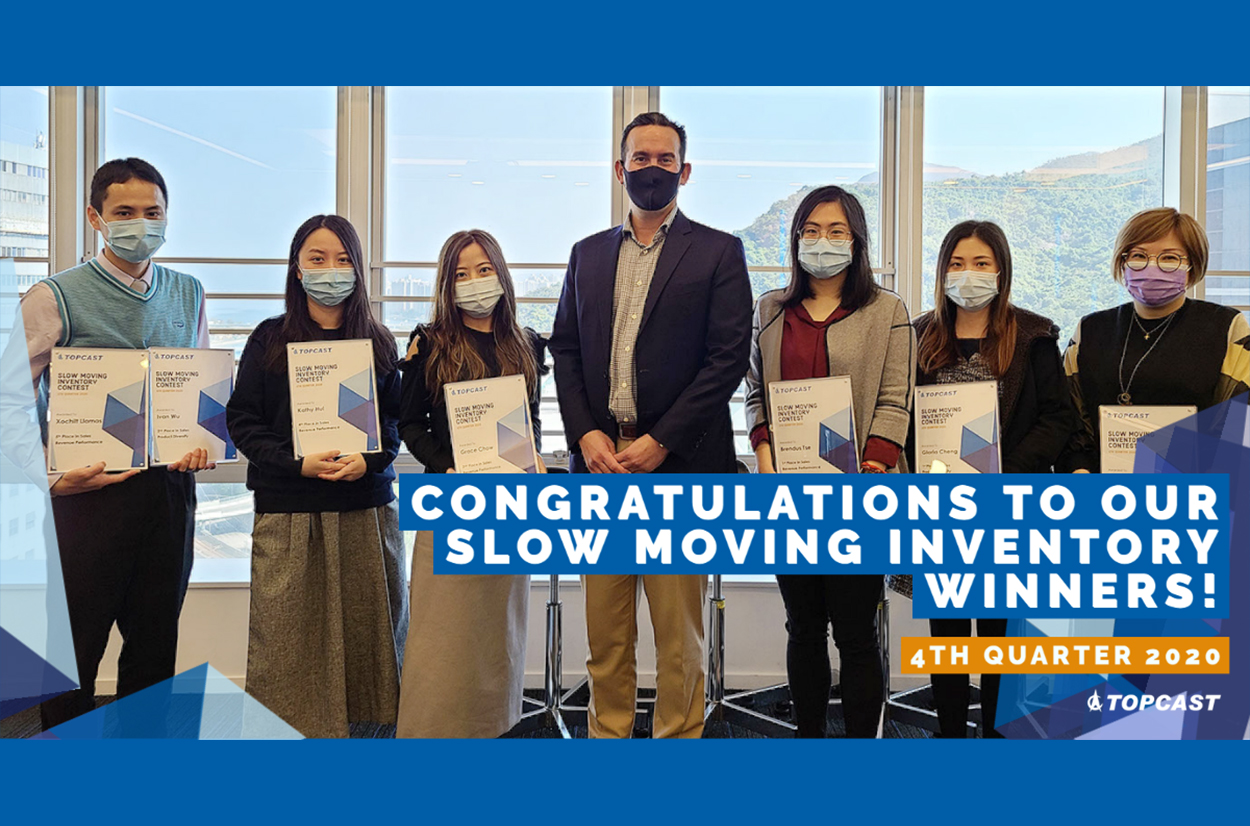Be Resilient, Efficient, and Innovative with Digitalization
- Others
- 30 November 2021

Companies in the aerospace and aviation industry create some of the world’s foremost technological marvels and have pioneered applications of digital and analytics technologies in many of their products. Nowadays, this digital era presents a new opportunity for industrial players to embed it across their value streams, enabling them to design and build products with greater speed, efficiency, and quality.
Digital potentially and substantially creates more value for customers in the form of more innovative, reliable, and affordable offerings that get to market more quickly. To become a digital leader and realize the digital value at scale, we will need to transform every aspect of how it approaches digital across strategy, talent, delivery, technology, data, and adoption.
According to the research done by McKinsey and the Aerospace Industries Association (AIA), advancing digital maturity could unlock $20 billion in annual incremental EBITDA. To capture that value and create a long-term competitive advantage, companies should start with a strategy that prioritizes where and how value will be created, creates stakeholder alignment, and builds an execution road map.
Best Practices of Digitalization Adaptation
Procurement & Supply Chain
The supply chain is probably the most significant driver of the cost structure for most aerospace and aviation companies. However, disparately organized or limited access to data is the common hurdle of digital deployment in a company’s supply chain. Building an industrial cloud across business networks of suppliers and vendors and linking them through a common platform could optimize production processes and enable a step-change in productivity improvement. The platform was based on gathering and analyzing a range of real-time data to improve utilization and maintenance and component tracking to improve logistics, and all integrated to optimize the overall production flow.
Manufacturing
The use of digital and analytics is vital to improving maintenance, automation, performance management, quality, and throughput. Companies can transform their manufacturing process with sensors, the Internet of Things (IoT), virtual reality (VR) and augmented reality (AR), robotics, and other advanced analytics and production methods. By digitalizing manufacturing, companies can increase equipment uptime, maximum productivity, lower operation cost, and improve business outcomes.
Services
Digital opens tremendous opportunities in this business sector, for instance, e-commerce, workflow integration, new software, and data-driven services. Several companies have realized this potential and are taking action. For example, Boeing and Airbus (with its Skywise platform) are pioneering ways to unlock the power of data and analytics for customers. Engine OEMs have also been trailblazers in applying digital tools and analytical methods to improve customer value. While the precise nature of the services opportunity varies across companies, digitalization can be deployed in assessing operational performance to enhance uptime, future designs, and inventory planning, automating pricing and service delivery, analyzing data to correlate with greater customer lifetime value, and streamlining customer support via automated tools to accelerate issue resolution.
Key Takeaway from TOPCAST
At TOPCAST Group, we envision the superpower of digitalization. A well-defined value creation chain and strategy is crucial to accelerate digital transformation. We believe in the three major pillars for success – People, Process, and Communication & Collaboration.
“Digitalization is one of our critical imperatives to our future. Our goal is an integrated concept that offers our principals and customers more efficient and tailored solutions. We have deployed new IT systems, upgraded hardware, software, business process, and data analysis and reporting in just a year. As the change agent, we are ambitious to take TOPCAST to the next level.” Orson Lo, Vice President of Operations, Transformation and Value Creation, said.







